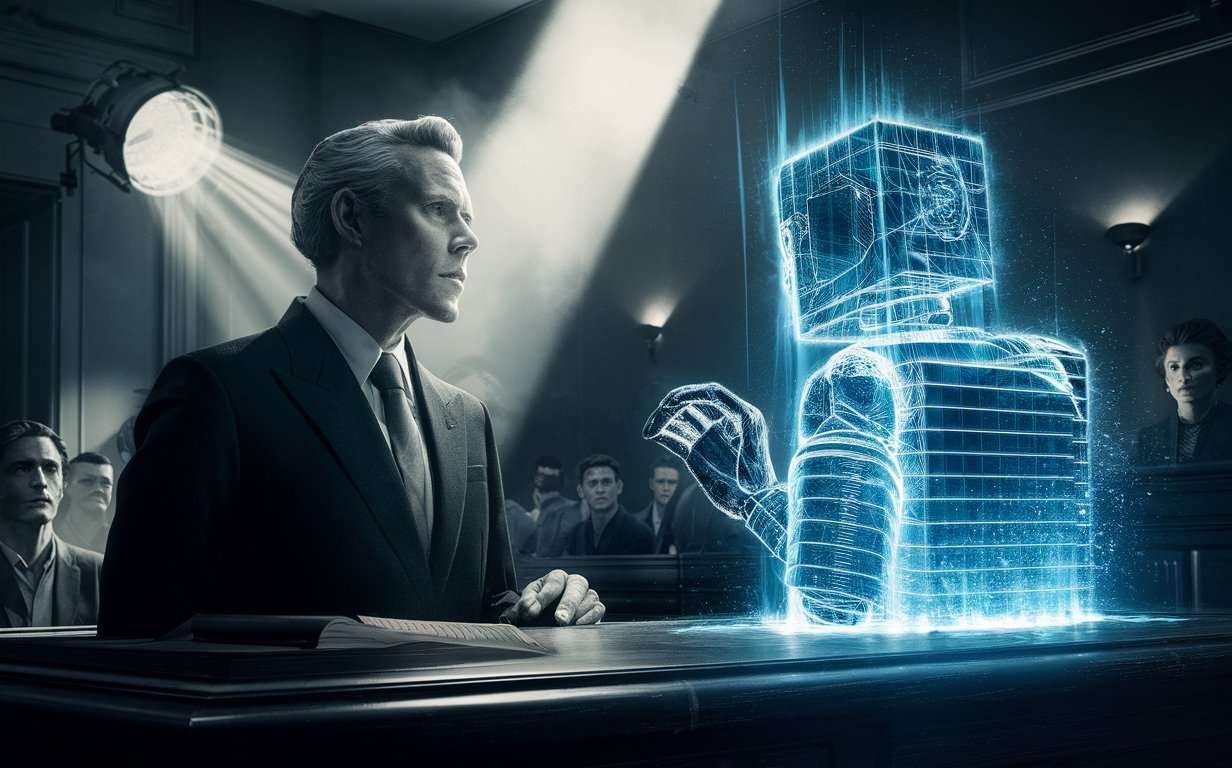Lawyer vs AI is a debate that will keep happening. Artificial intelligence (AI) is rapidly transforming how we handle tasks across industries, and the legal field is no exception. Contract drafting and review, a cornerstone of legal practice, is being impacted by AI technology. However, the traditional method of lawyers meticulously crafting and reviewing contracts remains essential in the age of AI. While AI offers efficiency gains, it cannot replace the nuanced expertise and strategic thinking human lawyers bring to the table. This blog explores the crucial differences between Lawyer vs AI in contract drafting and review, highlighting the strengths of each approach.
The Limitations of Traditional Contract Drafting
The traditional contract drafting and review process can be time-consuming and prone to errors. Manual review takes days, and inconsistencies can slip through the cracks. This is where AI appears to offer a solution.
AI in Contract Drafting and Review: Potential Benefits
AI has the potential to revolutionize contract drafting and review by streamlining the process and identifying potential issues. AI excels at analyzing patterns and making predictions based on vast datasets. This can expedite contract review and highlight areas requiring human attention.

Why Lawyers Remain Essential
However, it’s crucial to remember that AI is a tool, not a substitute for a lawyer’s expertise. Here’s why lawyers hold the upper hand in Lawyer vs AI battles:
-
Superior Nuance and Customization: Lawyers understand the legal intricacies and can tailor contracts to the specific needs of each client. AI, on the other hand, often relies on one-size-fits-all templates, which may not adequately address the unique aspects of a particular agreement.
-
Strategic Thinking and Risk Mitigation: Lawyers go beyond simply identifying issues; they anticipate potential risks and proactively mitigate them. This strategic foresight safeguards clients from costly disputes down the road. AI, while adept at spotting patterns, lacks the human ability to think several steps ahead.
-
Confidentiality and Ethics: Lawyers are bound by strict ethical codes that ensure client confidentiality. Sensitive information remains secure. AI systems, while constantly evolving, may not offer the same level of guaranteed confidentiality.
-
Creativity and Negotiation: Contract drafting and review aren’t purely mechanical processes. Lawyers leverage their creativity to craft provisions that protect their clients’ interests. Additionally, lawyers excel at negotiation, ensuring contracts achieve a fair balance for all parties involved. AI, while improving, currently struggles with these aspects.
The Cost Factor: Can Everyone Afford AI?
While AI promises efficiency gains, implementing AI-powered contract management systems requires significant investment in software, hardware, and ongoing maintenance. This can be a barrier for small and medium-sized businesses (SMBs) lacking the resources to adopt such technology.
AI Errors and the Importance of Human Oversight
Even with substantial investment, AI systems are not foolproof. Errors can occur, leading to overlooked critical issues within contracts. These errors can expose parties to legal and financial risks, especially in high-stakes contracts. A lawyer’s keen eye remains crucial for catching these oversights.
The Power of Combining Lawyer Expertise with AI
The ideal scenario isn’t Lawyer vs AI but rather Lawyer with AI. AI can be a valuable tool to assist lawyers, handling repetitive tasks and highlighting potential issues. However, the final call on contract content and strategy should always lie with the lawyer’s experience and judgment.
Conclusion: Lawyer vs AI
AI offers valuable functionalities in contract drafting and review, but it cannot replace the strategic thinking, human touch, and legal expertise that lawyers bring to the table. The debate transcends Lawyer vs AI; it underscores the importance of leveraging technology alongside human expertise for optimal outcomes in contract drafting and review. By embracing this collaborative approach, legal practitioners can navigate complex contractual landscapes with confidence, agility, and ethical integrity. The future lies in leveraging AI to augment human capabilities, not the other way around. By embracing AI as a powerful tool, lawyers can enhance their efficiency and deliver even greater value to their clients.









